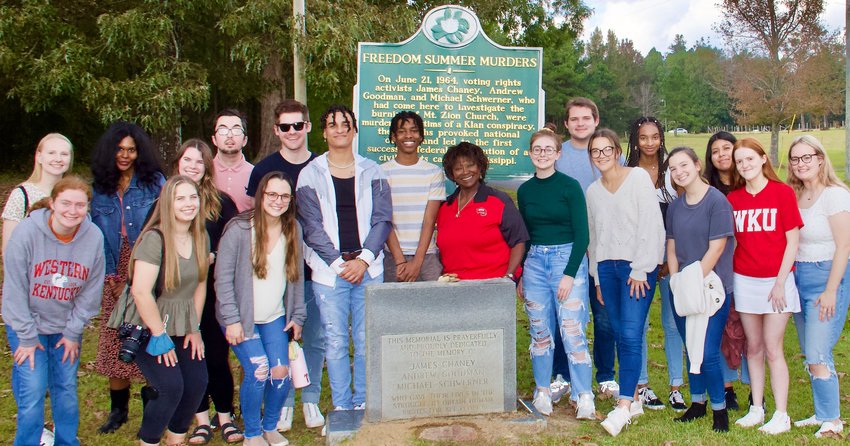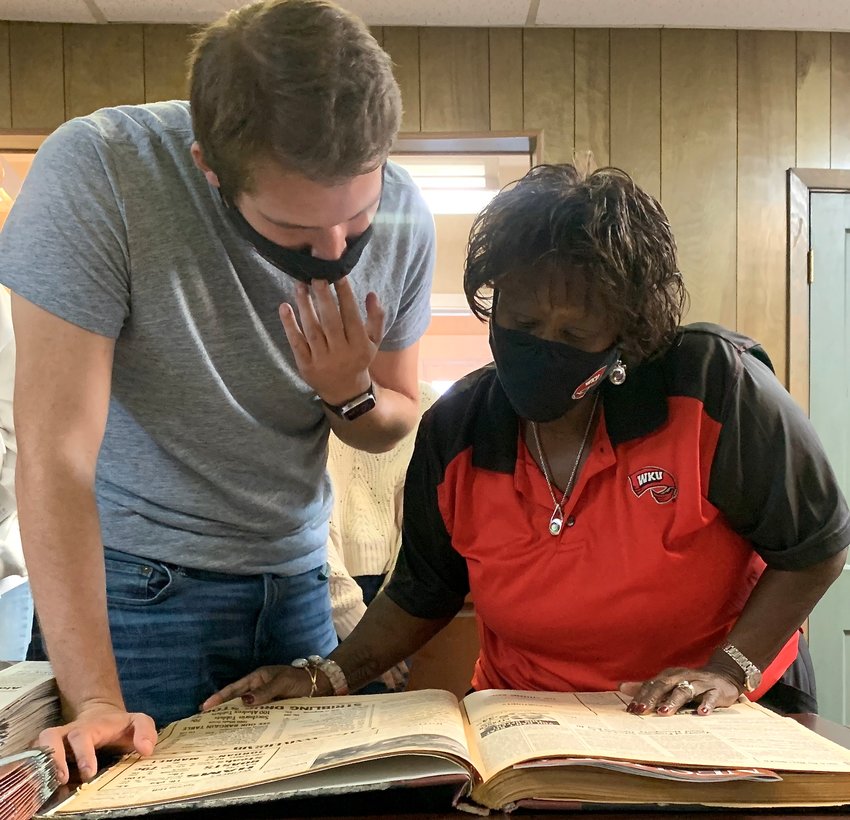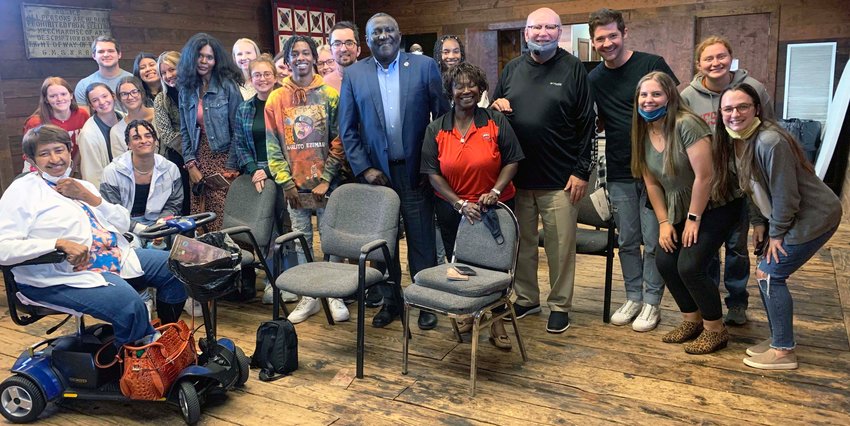Heartbreaking: A renewed vigor to extend the love of God to all I meet

EDITOR’S NOTE: A group of journalism and political science students from Western Kentucky University visited the historic Mt. Zion United Methodist Church in the Longdale community last Thursday as part of a visit the following day to the Two Museums in Jackson.
They met with Mayor James A. Young and others here to discuss Philadelphia’s progress since the murders of three young men in 1964 as part of a drive to register blacks to vote.
The Mt. Zion church was burned to the ground by the Ku Klux Klan on June 16, 1964, to lure the men here from their headquarters in Meridian. They arrived in Philadelphia on Sunday, June 21, 1964, were pulled over leaving the church on trumped-up speeding charges, jailed and released that night, ambushed by the Klan, shot at point-blank range and buried in an earthen dam.
On June 21, 2005, Edgar Ray Killen, 80 years old at the time, was convicted on three counts of manslaughter for his part in the conspiracy to commit the murders. Killen, a part-time preacher and sawmill operator, died in prison in 2018 at the age of 92.
What I learned was heartbreaking. As a journalist, I ask “Why?” on a daily basis, sometimes more than a 5-year-old child at a science fair. I like “why.” “Why” gets to the bottom of things. “Why” is more than “how” — it explains motives and unearths arguments. This is the question that resonated through my mind as I walked through the Civil Rights Museum in Jackson, Mississippi. I can’t fathom how people could treat fellow human beings so inhumanely. Why could they not understand that God created us all equal? We are all made in the image of God.
I heard many stories from fortunate souls who lived to tell of the gross injustices they have suffered. My question still echoes.
Imprisoned and beaten for no reason. Dehumanized and abused. Living in fear with no way out. The stories of perseverance and courage shine like candles in a dark room, a light when many could not find it. The evil was reprehensible but their bravery should be lauded.
I can’t imagine living in such a time. I think we all wonder what we would have done. It’s hard to imagine myself not treating others with kindness when I meet them, but I think we forget how much the culture affected how even “good” people saw the world. When racism is all you know, how could you see the repugnance of it all? There are many things today that the culture says are good but few understand the moral iniquity of it all. Every generation has a downfall to different degrees, often more than one. Who will recognize these and stand up for what is right, when all oppose you? Where is our courage?
I think we all came back from this trip with a different outlook on life. Armed with knowledge of the past we have a new appreciation of the present. One of my biggest takeaways is a renewed vigor to extend the love of God to all I meet. Our politics and beliefs don’t matter, really. We’re all flawed deeply, and what matters is our character and how we love others. At the end of the day we are all humans in need of love.
We all have our prejudices, I suppose — none of us are perfect. We are inherently sinful beings. But I urge you to consider your own prejudices and ask yourself my favorite question:
“Why?”
Hannah Elizabeth Claussen, 21, is from Cadiz, Kentucky, and studies journalism and political science at Western Kentucky University. She currently lives in Bowling Green with her husband, Josh. After graduation in May she plans to move to the Nashville area with the intent of changing the world with words. In the meantime, she plans to continue correcting people’s grammar as a copy editor for the school newspaper.





